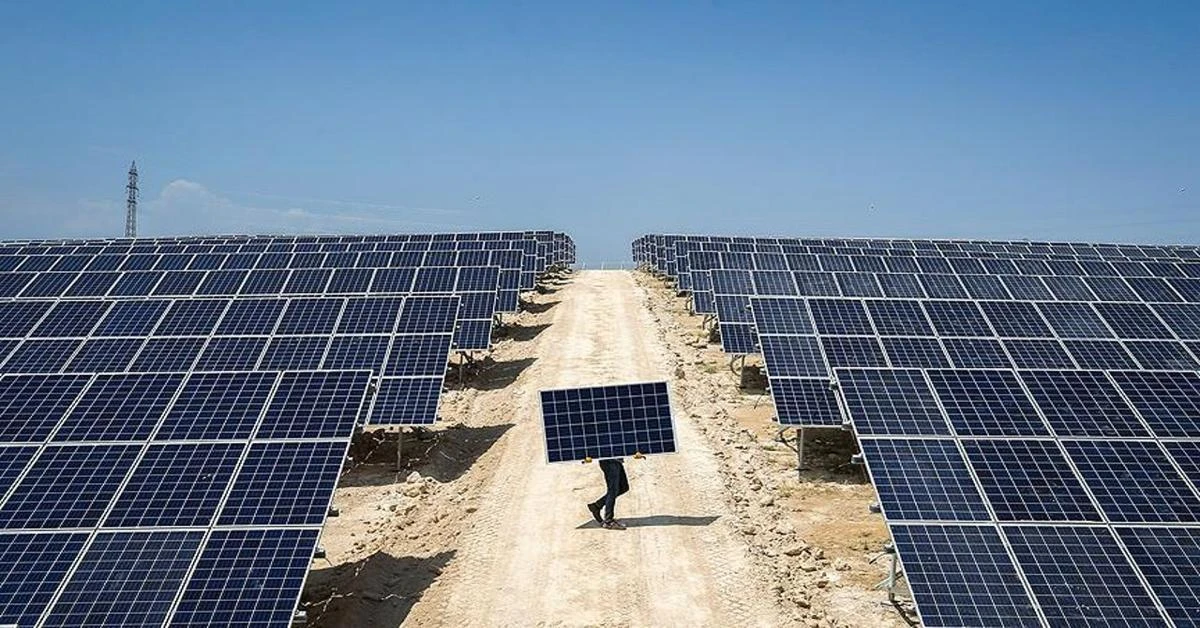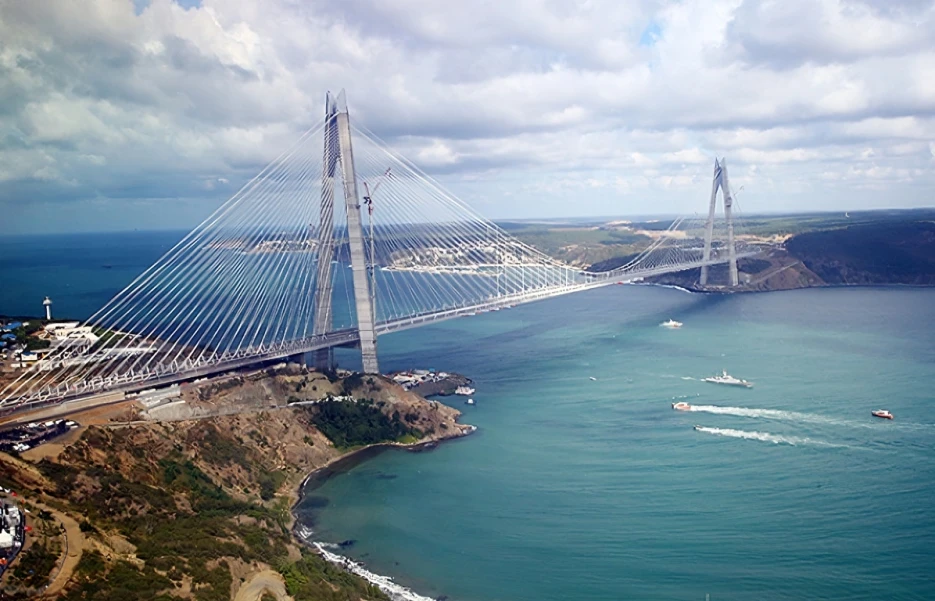Türkiye strengthens trade defense with security deposit on solar panel imports

Türkiye’s Ministry of Trade has set a new precedent in trade fairness by implementing a $25 per square meter security deposit on imports of solar panels from Vietnam, Malaysia, Thailand, Croatia, Jordan
The Ministry of Trade has announced a new measure to regulate solar panel imports from Vietnam, Malaysia, Thailand, Croatia, and Jordan.
Effective March 26, importers will be required to pay a security deposit of $25 per square meter for these imports.
This decision is similar to an existing policy on Chinese solar panel imports and aims to tackle unfair competition practices.
“Importers of photovoltaic cells, whether assembled in modules or arranged in panels, will now need to deposit $25 for every square meter,” the Ministry of Trade announced, noting the focus on specific categories under the customs tariff statistics position.
This development followed a comprehensive investigation initiated on Nov. 25, 2023, scrutinizing the import practices of these solar panels.
The ministry’s move to impose such measures aligns with its commitment to protecting domestic industries from dumping, an unfair practice in international trade.
Dumping occurs when companies export products at prices lower than their domestic market value.
“The application of this measure is a direct response to attempts to circumvent existing surveillance on imports, particularly with reexports from these countries following surveillance on Chinese-origin panels,” the ministry’s statement in the Official Gazette explained.
This regulatory change, which extends Türkiye’s protective stance in the solar panel market into its seventh year, sends a clear message to the global energy sector.
It reflects a broader narrative emphasized by recent appeals for increased investment in traditional energy sources like oil and gas.
According to the announcement, “If the ongoing investigation concludes with further protective measures, these security deposits will contribute to the treasury. Should the investigation close without additional measures, the deposits will be refunded.”
This measure is not just about protecting domestic interests; it’s also a strategic response to global shifts in energy investments and the broader trade landscape.
Source: Newsroom



